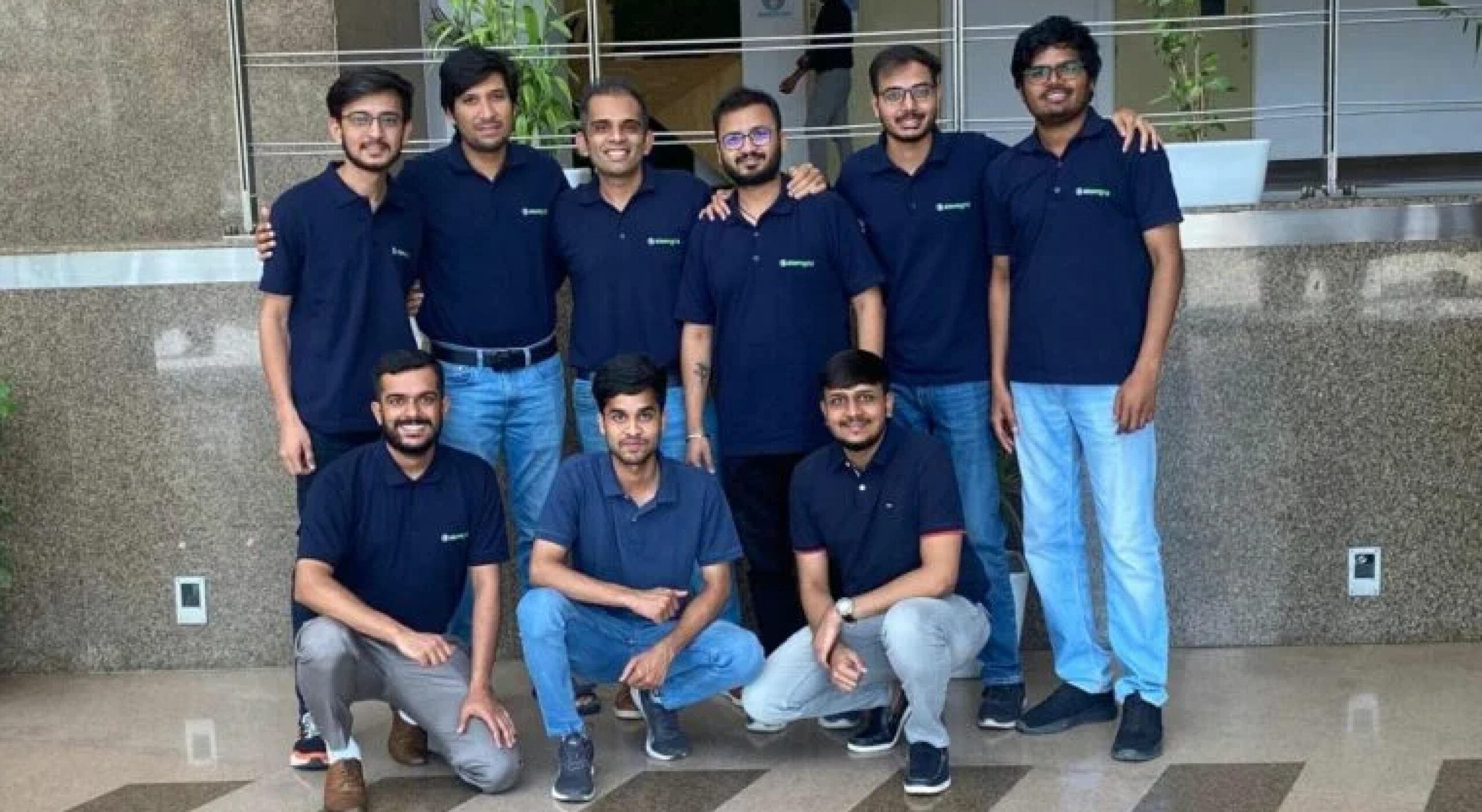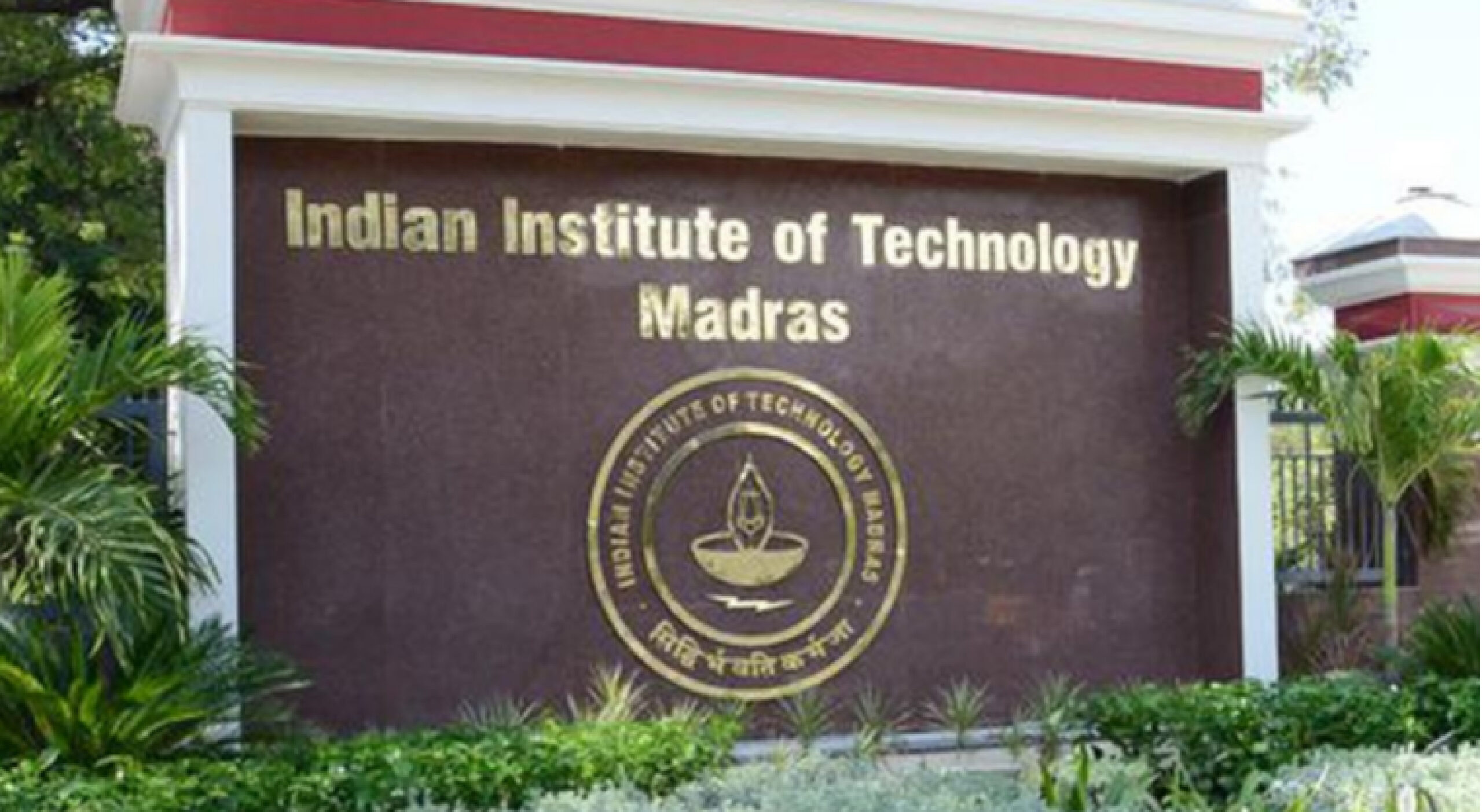
New Whatsapp Privacy Policies – Myths, Realities And Clash With Indian govt
- By Ayushi Ray | June 13, 2021
Is WhatsApp privacy policies redefined ?
At the beginning of the year 2021, WhatsApp announced that they would like to share some of the business conversations that their users have with each other on other social media apps, particularly Facebook, for advertisement purposes. This led to a hue and cry among its users, which led many to question the integrity and security of their privacy in this new WhatsApp policy.
WhatsApp, one of the international messaging apps, used and preferred by more than 500 million as expected faced lots of criticism regarding their updated policy. This was accompanied by rumours and fake stories and as a consequence quite many users decided to shift to other messaging applications for protection of their privacy. WhatsApp then gave out an official statement stating, the private conversations are at safe hands, they are on the contrary trying to amplify the business accounts. They have particularly stressed that there will be no breach of privacy and it is meant for business accounts only, and to avoid any incertitude they started marking the business accounts to make their users aware of the accounts they are about to start a chat. “The information we share with the other Facebook Companies includes your account registration information (such as your phone number), transaction data (for example, if you use Facebook Pay or Shops in WhatsApp), service-related information, information on how you interact with businesses when using our Services, mobile device information, your IP address, and may include other information identified in the whatsapp Privacy Policies section entitled ‘Information We Collect’ or obtained upon notice to you or based on your consent,” clearly read the official FAQ page of WhatsApp.

New IT Rule by the Indian Government
Amidst this already new WhatsApp policy the Indian Government issued it’s new IT rule which states that social medias with more than 50 lakh users should enable “tracing of the originator of information if required by a court or a competent authority” under Section 69 of The Information Technology Act. It is essential to note that, the tracing process will be carried out under special circumstances only to prevent, investigate and punish. According to the Indian Government, this new act is to make sure that no fake news is spread through social media, and that social media is not misused. It is not WhatsApp alone who has to bear the brunt of this new IT rule, but it is also it’s parent company – Facebook and another popular social media app : Twitter. It has been seen over the past few years that it’s been WhatsApp which has been the source of fake messages ranging from “Cure of Corona Virus” to being the cause of lynching incidents throughout India, which led WhatsApp to add the “forwarded” tag to messages, that have been shared multiple times , in fact a particular message is not allowed to be shared to more than five people at a stretch. To put a curb to violent incidents, and report of false facts and information, the government is trying to expand its power to immediately identify the miscreants and punish them. IT Minister Ravi Shankar Prasad has in a recent statement confirmed that “ordinary users of WhatsApp” have “nothing to fear.” India, here is trying to follow the footsteps of European IT Laws, and have stressed that if the tech companies are following the rules there, by cannot they obey the specific rules in India as well? They had initially given dead line up till 26th May but in this current situation of law suit the date has been extended until further notified.

Why is WhatsApp Privacy Policies preventing the new law?
WhatsApp argued that adjusting their “end to end encryption” would leave their users private messages vulnerable to identity theft and hacking, and it would also be violating the Right to Privacy act, which is the heart and soul of constitution of the world’s largest democracy supposedly India and is therefore “manifestly arbitrary”. To address this clash openly, WhatsApp went on to court against the Indian Government on 25th of May. They invoked the 2017 Justice K S Puttaswamy vs Union Of India case and prepared their argument that how this traceability is to affect the whatsapp privacy policies of millions of users, and it is absolutely undemocratic and unconstitutional. They also challenged the clause which puts “criminal liability” on their own employees for their dissent. They said that it is next to impossible for them to “fundamentally alter” their platform’s policy and to keep storing data without any specific time period, because enabling traceability would be “fingerprinting” each and every individual message, that is almost like being the watch dog for the entire Indian society.
WhatsApp also defended their cause saying that it is important that freedom of speech of journalists and civil rights and political activists is maintained. Asking them to tweaking it’s end to end encryption is putting them “at risk of retaliation for investigating issues that may be unpopular.” Not to forget that the sensitive issues also cover the doctor – patient, client- lawyer conversations,and absolute private conversations, and it is necessary that respect is paid to all kinds of users and their various conversations.
WhatsApp also said in a detailed blog post that it is not possible for them to re design the entire application just for India to meet the arbitrary demands of Indian Government. Nevertheless, they are up for “reasonable and proportionate regulations”, a middle point to bring an end to this cash and make the service better and secure for their Indian Users.
Another foremost point that WhatsApp pointed to is that this entire process of traceability that the Indian Government refers to is not flawless, in this mechanism to find the origin, many people who had no business with the message, or those who simply forwarded or copy pasted it would also get unnecessarily dragged in this nuisance and end up in jail with absolutely zero fault on their own part.

How is the Indian Government tackling the accusations?
The Ministry of Electronics and Information Technology issued a statement defending their rules. To quote Prasad “the government is committed to ensure the right to privacy to all its citizens, but it is also the responsibility of the government to maintain law and order and ensure national security.” They had also called out WhatsApp’s non-cooperation as a “clear act of defiance”. They had also mentioned how a few months earlier WhatsApp was trying to share the data of their users with Facebook for advertisement and promotion purposes.
What does this clash mean for the general Indian population?
The case is currently in continuation, and Indian users will have to wait and see how the clash unfolds, and what it means for them. WhatsApp, however, continued to perform as usual for its Indian users even after the previously announced deadline,26th May, by the Indian Government. Most experts have supported the argument WhatsApp rolled out including the Stanford Internet Observatory scholar and most of Indian journalists and Indian Cyber experts: they all share the same fear that their privacy might get disrupted by the new whatsapp privacy policies.
Under this new policy Indian government has also asked social media giants who have more than 50 lakh users on their platform to appoint nodal officers for supervision. These officers need to be residents of India and operate within India.








